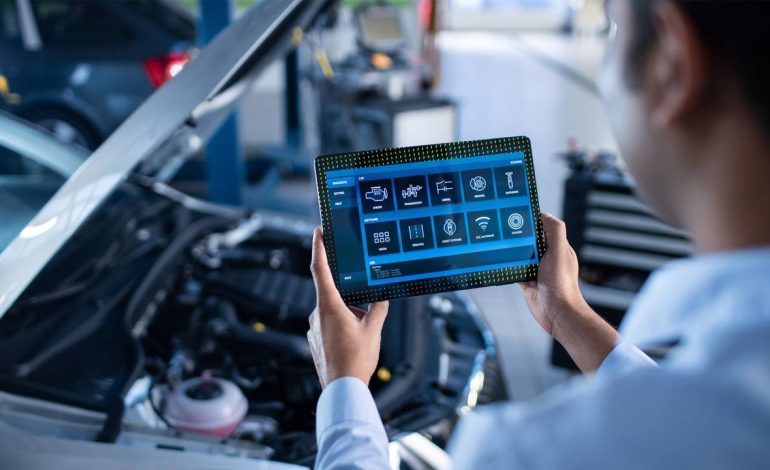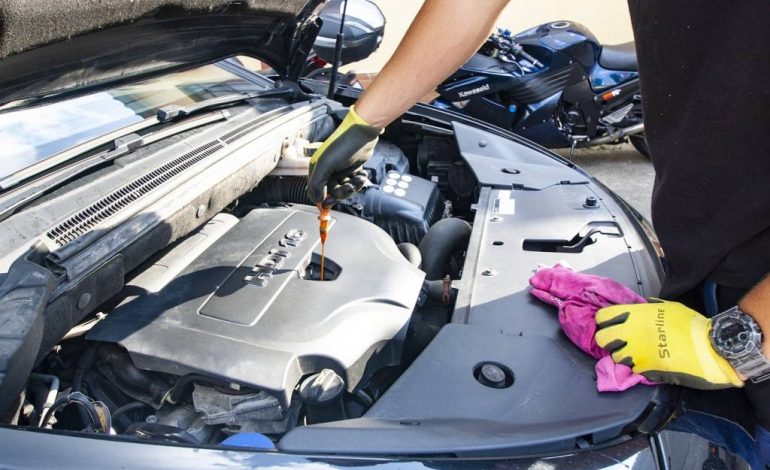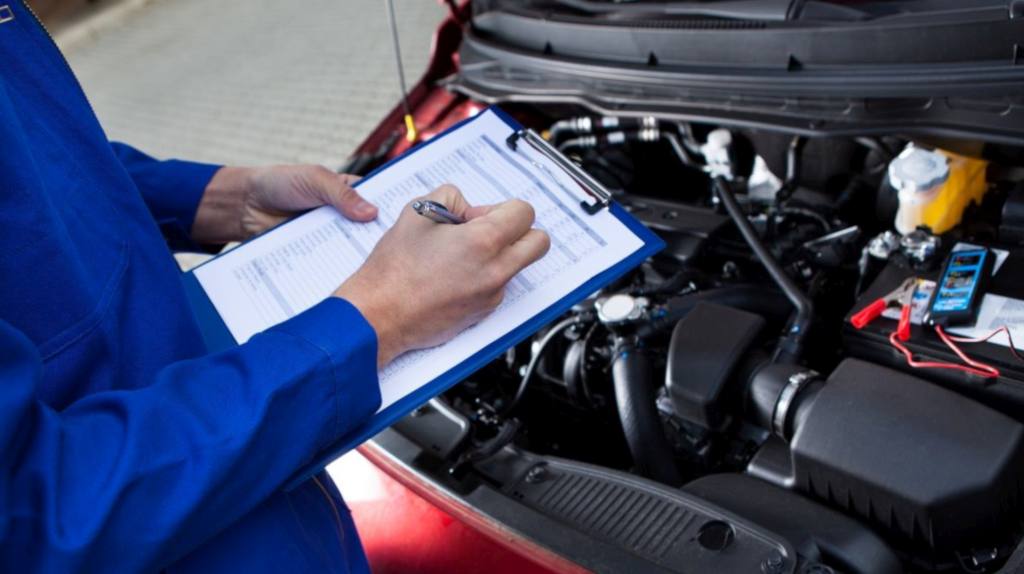The Role of Auto Diagnostics in Preventing Major Car Issues

Automobiles have become an integral part of daily life, offering convenience and mobility. However, like any complex machine, vehicles can develop problems that may escalate into severe issues if not addressed promptly. Modern cars are equipped with sophisticated technologies that facilitate auto diagnostics, allowing technicians to identify problems early. Understanding the importance of these diagnostic tools can help car owners improve the reliability and longevity of their vehicles.
Understanding Auto Diagnostics
Auto diagnostics refers to the process of using specialized tools and devices to assess the health of a vehicle. Mechanics utilize diagnostic software that connects to the car’s onboard computer to retrieve data about various systems, such as the engine, transmission, brakes, and emissions. This technology analyzes potential issues and generates error codes that provide insight into what is malfunctioning. Recognizing these problems early can pave the way for timely repairs, helping to maintain optimal vehicle performance. Many drivers are unaware of how much information their car’s computer can provide, emphasizing the need for regular diagnostics.
Early Detection of Problems
One fundamental advantage of auto diagnostics is the early detection of potential issues. Modern vehicles often exhibit subtle symptoms before significant malfunctions occur. Ignoring warning lights or unusual noises can lead to bigger problems down the road. For instance, a check engine light might indicate a minor sensor malfunction, which, if left unchecked, could lead to severe engine damage. Performing routine diagnostics helps identify these early-warning signs, allowing car owners to address minor issues before they develop into costly repairs. Regular auto diagnostics not only saves money but also enhances driving safety by ensuring that potential hazards are dealt with promptly.

Supporting Preventive Maintenance
Auto diagnostics directly contribute to effective preventive maintenance strategies. Mechanics can recommend service based on diagnostic data, addressing issues before they become serious threats. For instance, a vehicle may have a fault in the fuel system that doesn’t immediately affect performance but could lead to inefficient fuel consumption in the long run. Implementing a proactive maintenance schedule based on diagnostic results allows car owners to make informed decisions about necessary repairs and services. This transition from reactive to proactive maintenance typically results in lower overall costs and improved vehicle reliability.
Reducing Unexpected Breakdowns
Unexpected breakdowns can be a driver’s worst nightmare, leading to costly towing fees, missed appointments, and significant inconvenience. Regular auto diagnostics play a vital role in substantially reducing the likelihood of such instances. By analyzing the vehicle’s systems and identifying potential failures, drivers can take corrective action before a breakdown occurs. For example, issues with the electrical system or battery can often be detected through diagnostics, allowing for timely replacements and preventing unexpected failure. Implementing diagnostic checks as part of routine car care not only extends the lifespan of the vehicle but also enhances the owner’s peace of mind.
Enhancing Fuel Efficiency and Performance
Another significant advantage of auto diagnostics is the effect on fuel efficiency and overall vehicle performance. Cars operating with unresolved issues, such as clogged fuel injectors or malfunctioning sensors, may consume fuel inefficiently. Diagnostic tools can identify these problems, enabling mechanics to fine-tune the vehicle for optimal performance. Ensuring that the engine, transmission, and exhaust systems function correctly not only enhances driving dynamics but also results in lower fuel costs. Highly efficient vehicles contribute to environmental sustainability by reducing emissions. Consequently, regular diagnostics represent both an ecological and economic benefit.
Conclusion
The role of auto diagnostics in preventing major car issues cannot be overstated. By understanding the function of diagnostic tools, drivers can prioritize early detection of problems, effectively support preventive maintenance, reduce unexpected breakdowns, and enhance fuel efficiency. Regular diagnostics pave the way for informed repair decisions and contribute to the overall safety of driving. For those interested in maintaining their vehicles, numerous automotive resources and websites offer valuable information on the importance of auto diagnostics and best practices for vehicle maintenance. Being proactive plays a vital role in ensuring a safe, efficient, and enjoyable driving experience.








